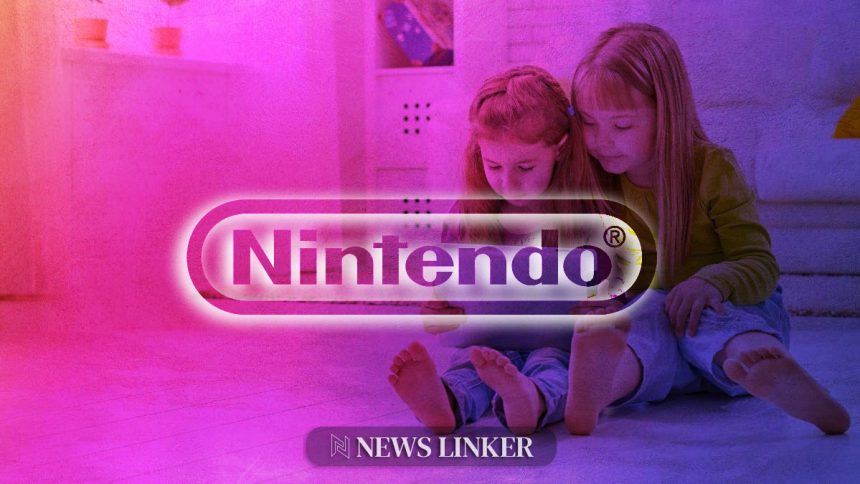As speedrunning events capture worldwide attention, the role of game publishers in shaping these events has come into sharper focus. With the speedrunning scene relying heavily on iconic franchises such as Super Mario 64, recent developments involving Nintendo have generated discussion across the gaming community. The exclusion of Nintendo games from a major charity event in Japan marks a significant moment for both players and organizers, raising questions about copyright practices in the streaming and content creation era. While participants remain passionate about their craft, decisions by companies like Nintendo continue to influence the trajectories of fan-led events.
Earlier years saw Nintendo occasionally tolerating their games being used unofficially in public streams and charity events, particularly when events had global reach and positive press coverage. Organizers of speedrunning marathons outside Japan, such as Games Done Quick, have rarely faced such explicit restrictions. Japanese publishers, however, have been notably strict, often invoking intellectual property rights to limit gameplay broadcasts. These contrasting approaches have led to an inconsistent landscape for fans and charity drives, depending on where events are held and which games are highlighted.
Why Did Nintendo Intervene Now?
Nintendo required the RTA in Japan (RTA) organizers to seek formal approval before featuring any Nintendo titles in their upcoming charity marathon. The company cited concerns over unauthorized use by corporations, referring specifically to the need for prior permission. In response, RTA acknowledged this demand, stating,
“Nintendo Co., Ltd. pointed out that ‘the use of Nintendo games by a corporation requires prior permission,’ and that our previous use ‘was without prior permission and constituted unauthorized use.'”
What Impact Will This Have on Upcoming Events?
With their annual event set for August, RTA Japan opted to exclude Nintendo games, including staples like Super Mario 64, from the schedule due to insufficient time to navigate newly required permissions. This decision alters the event’s landscape, as many iconic speedrunning titles are closely associated with Nintendo consoles and franchises. RTA expressed its intention to continue negotiations with Nintendo, noting,
“RTA in Japan wishes to continue using Nintendo games, and has begun discussions with Nintendo Co., Ltd. regarding permission.”
Are There Broader Implications for the Japanese Gaming Scene?
Tighter copyright enforcement is not unique to Nintendo, with other Japanese publishers establishing their own detailed streaming policies. This has resulted in the emergence of online databases cataloging publisher-specific guidelines, demonstrating how publishers’ approaches directly affect event programming and online content. High-profile cases have shown that even individual content creators face potential legal consequences, reinforcing a cautious attitude among event planners in Japan.
Growing scrutiny of intellectual property rights signals ongoing uncertainty for community-driven gaming events, especially when popular brands like Nintendo are involved. Organizers face the task of navigating complex frameworks for content use, while striving to engage both fans and charitable causes effectively. For fans and participants, staying informed about shifting policies is essential to maintaining compliant and successful events. The interplay between corporate interests and fan enthusiasm creates an evolving challenge, highlighting the need for clarity and open communication between publishers and communities.
- Nintendo requested prior permission for game use at RTA Japan’s charity event.
- Iconic games like Super Mario 64 will be excluded this August.
- Organizers and Nintendo are negotiating future event permissions.










